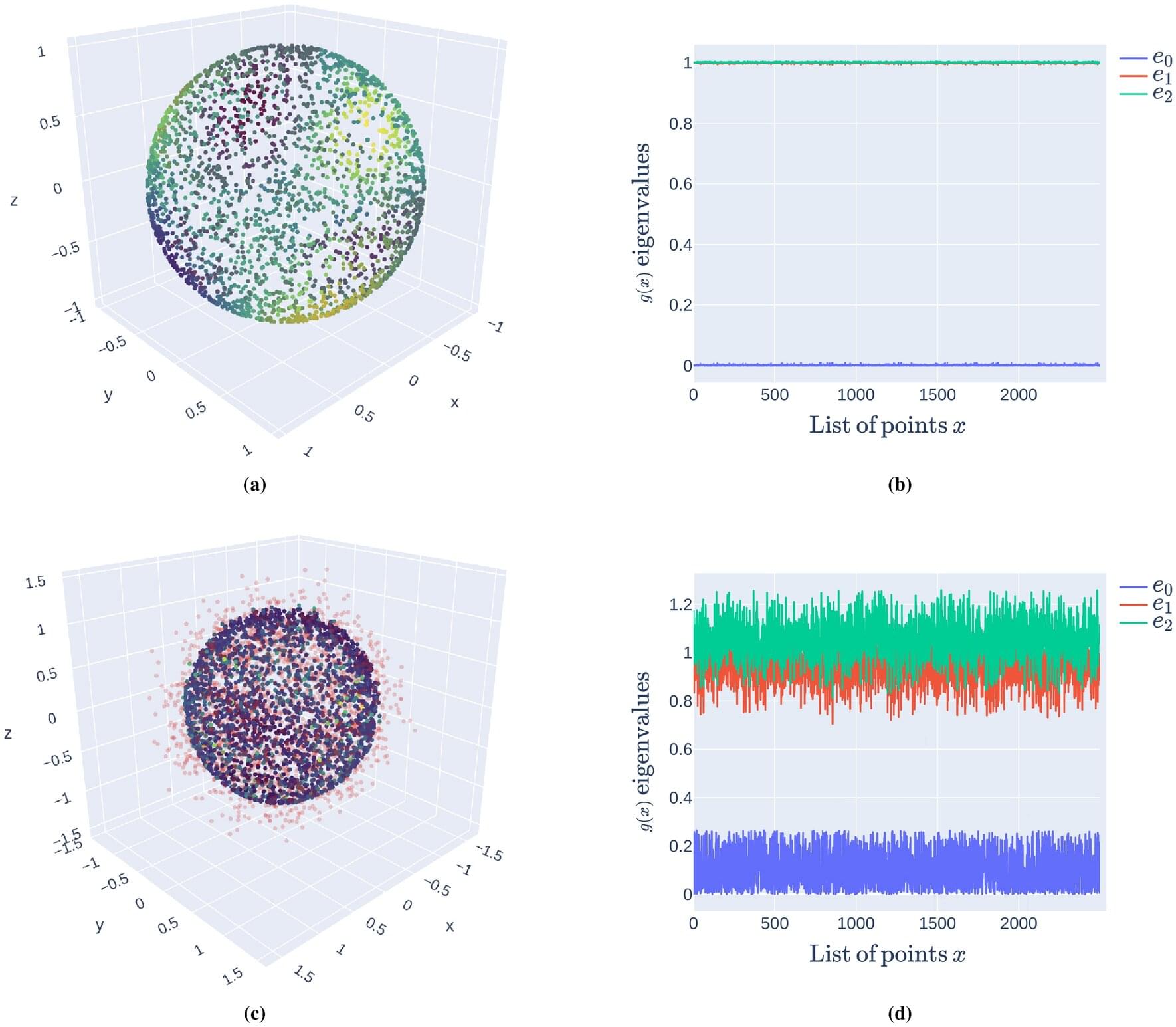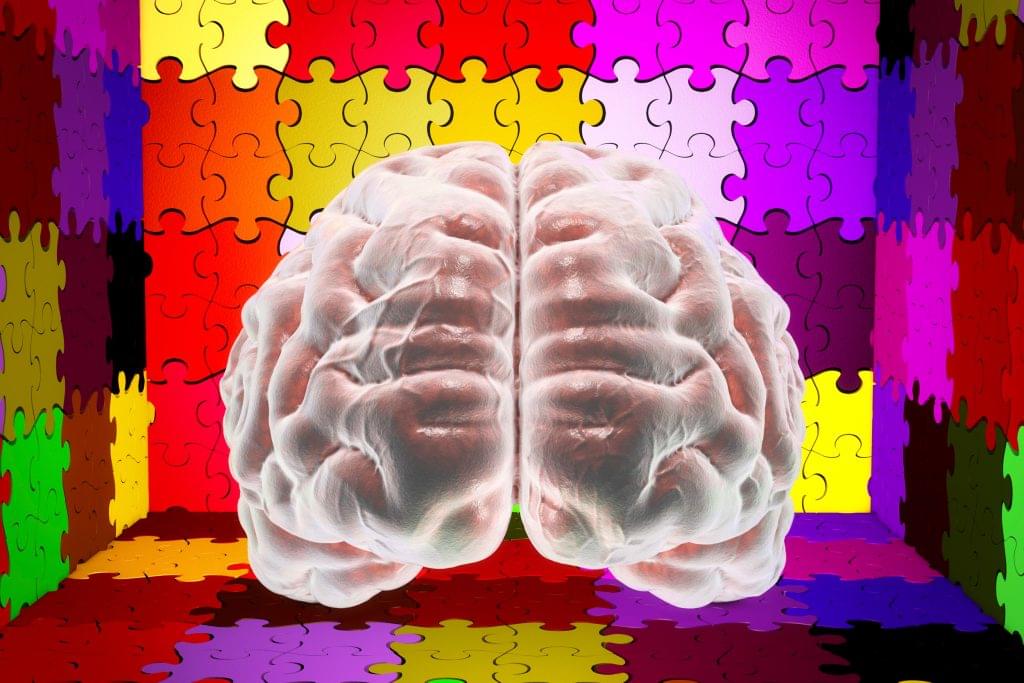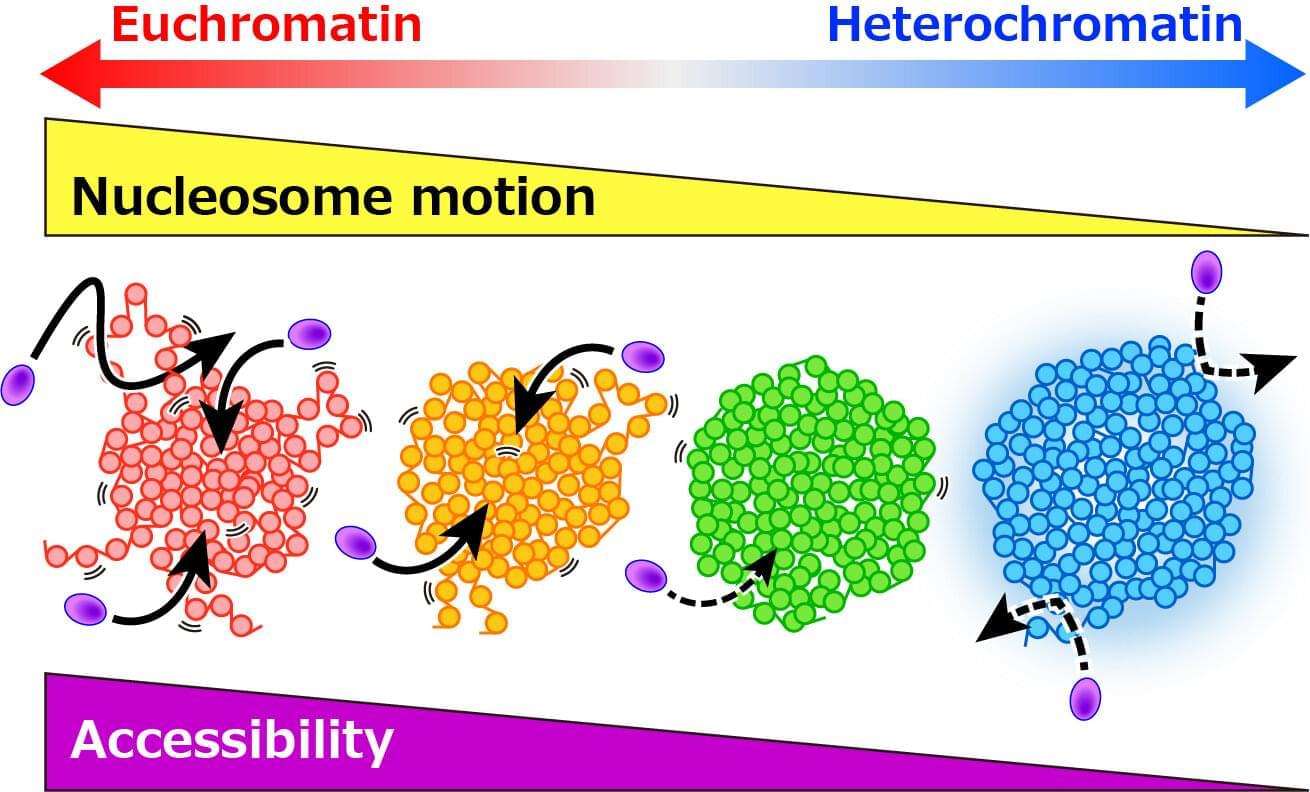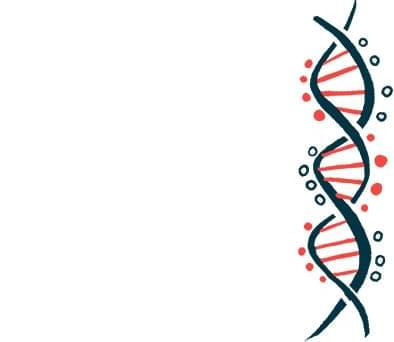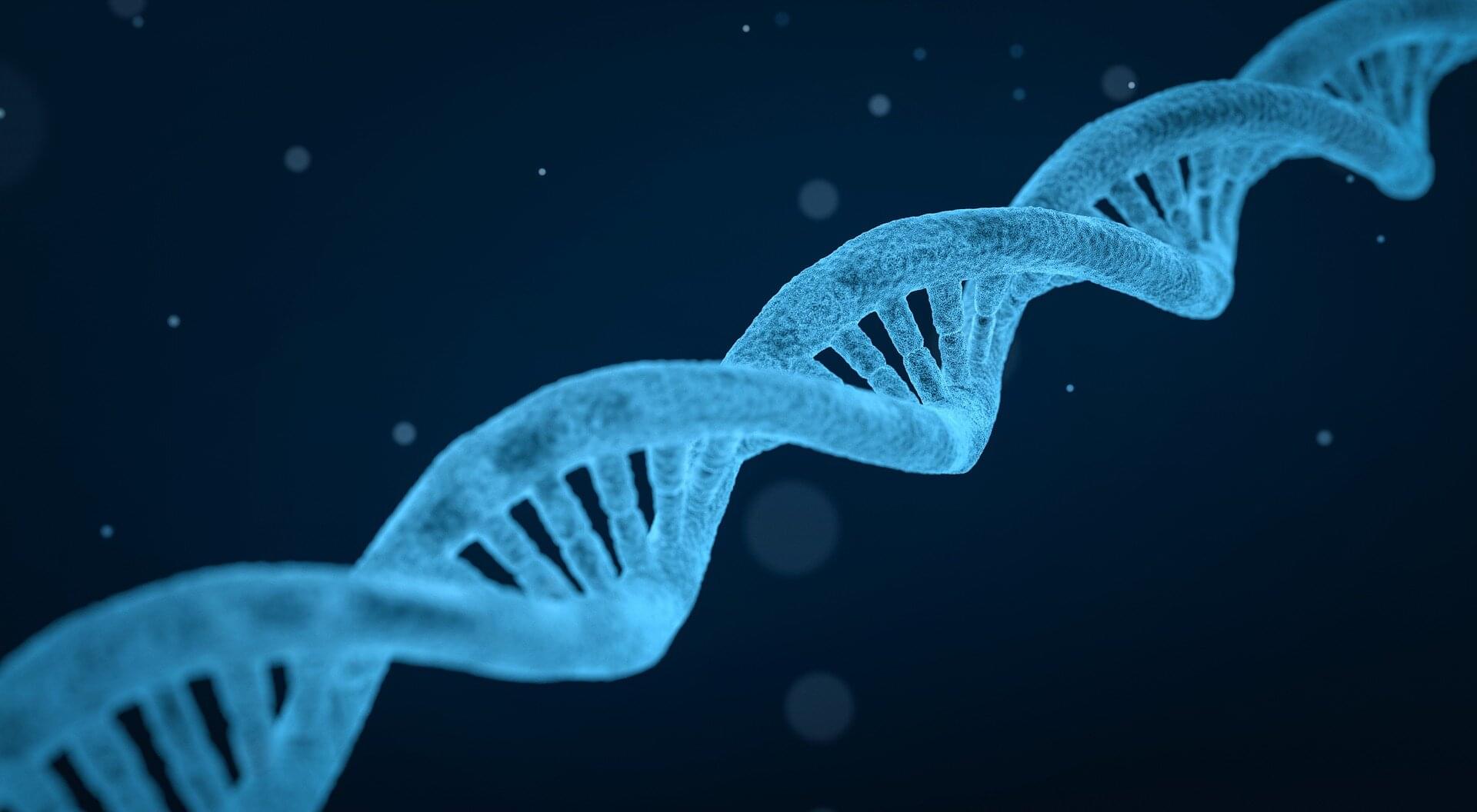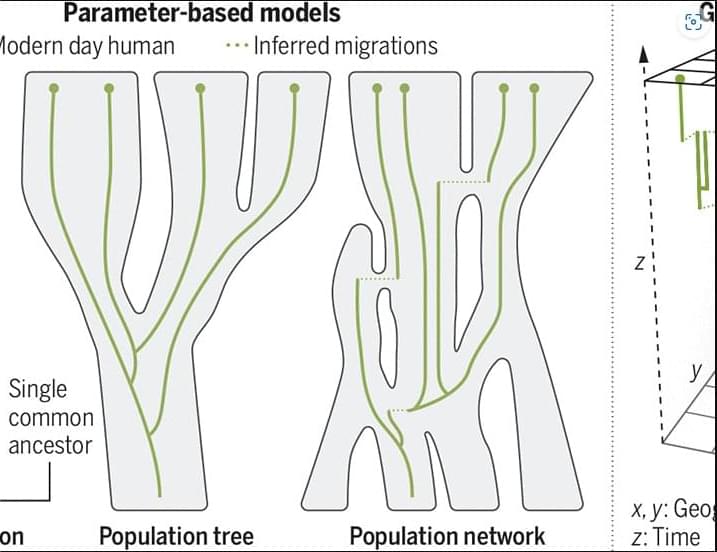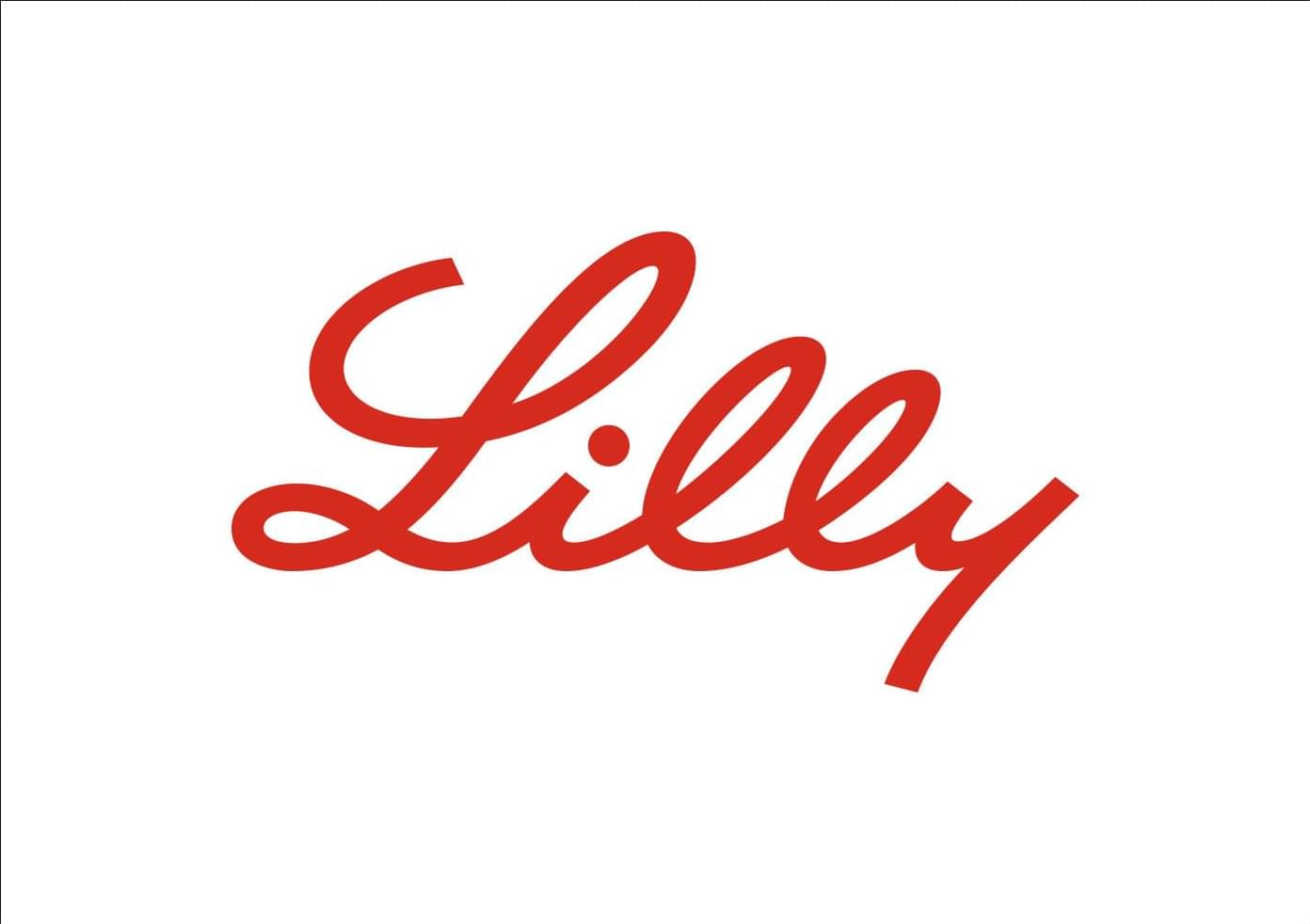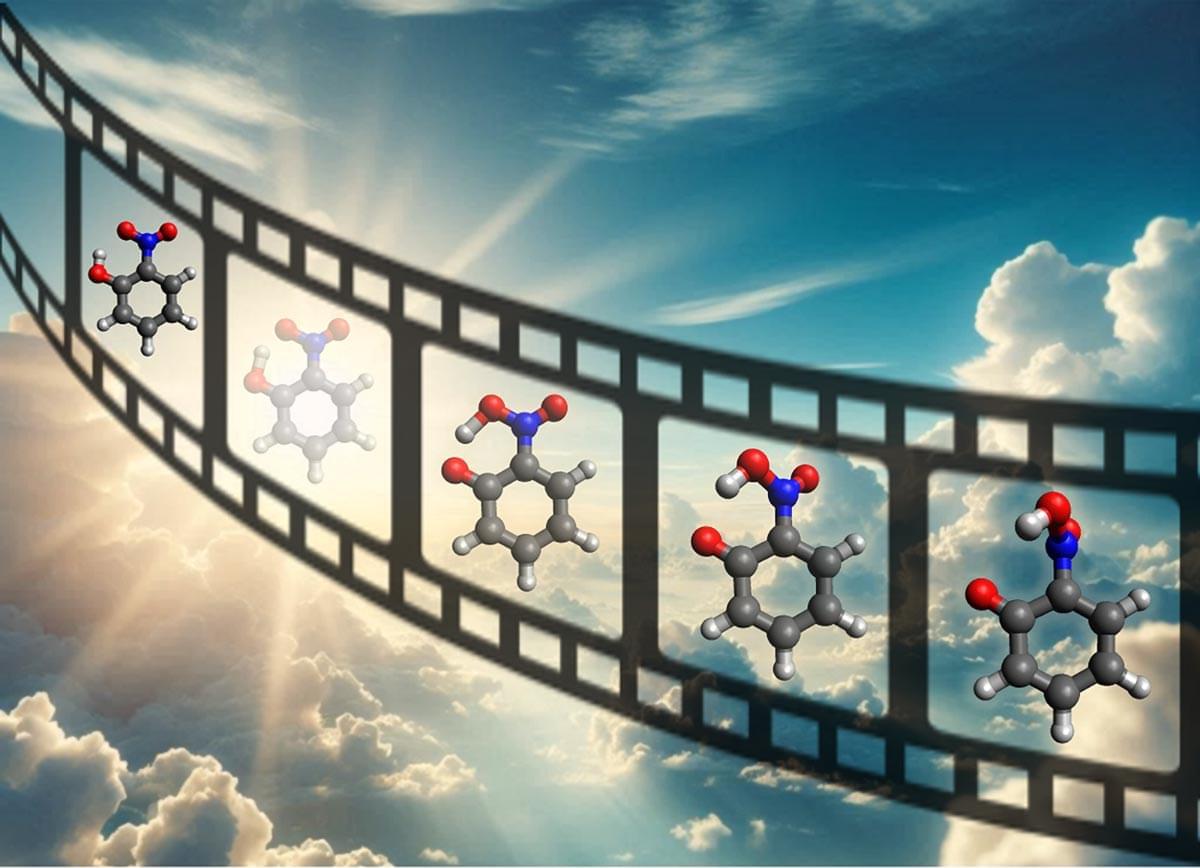Scientists at Wenzhou Medical University and Xiamen University have shown how autism symptoms in mice arise when a certain pair of competing nerve proteins falls out of equilibrium. The results of the team’s study, reported in PLOS Biology could point to potential therapeutic approaches for autism spectrum disorder (ASD). In their paper, titled “Mdfa2 deficiency leads to an aberrant activation of BDNF/TrkB signaling that underlies autism-relevant synaptic and behavioral changes in mice,” research leads Dongdong Zhao, PhD, at Wenzhou Medical University, and Yun-wu Zhang, PhD, at Xiamen University, and colleagues concluded that their findings “highlight a novel MDGA2-BDNF/TrkB-dependent mechanism underlying the synaptic function regulation, which may become a therapeutic target for ASD.”
Autism spectrum disorder is a complex neurodevelopmental disorder with its onset in early childhood, the authors noted. The disorder is characterized by reduced social interaction, increased stereotypic repetitive behavior, and altered cognition. “The prevalence of ASD has increased significantly in recent years, with approximately 1% of the world population considered to have the disorder,” the team noted. “Despite growing efforts devoted to this field, the etiology of ASD has yet to be fully elucidated.”
Previous research has linked certain genetic factors to ASD, including many associated with neuron activity, but it remains unclear exactly how these factors are related. “So far, identified genes only explain a portion of ASD occurrence,” the investigators continued. “Identifying additional ASD-associated genes and revealing the underlying mechanisms should provide new insights into the pathogenesis of ASD and its treatment strategies.”
